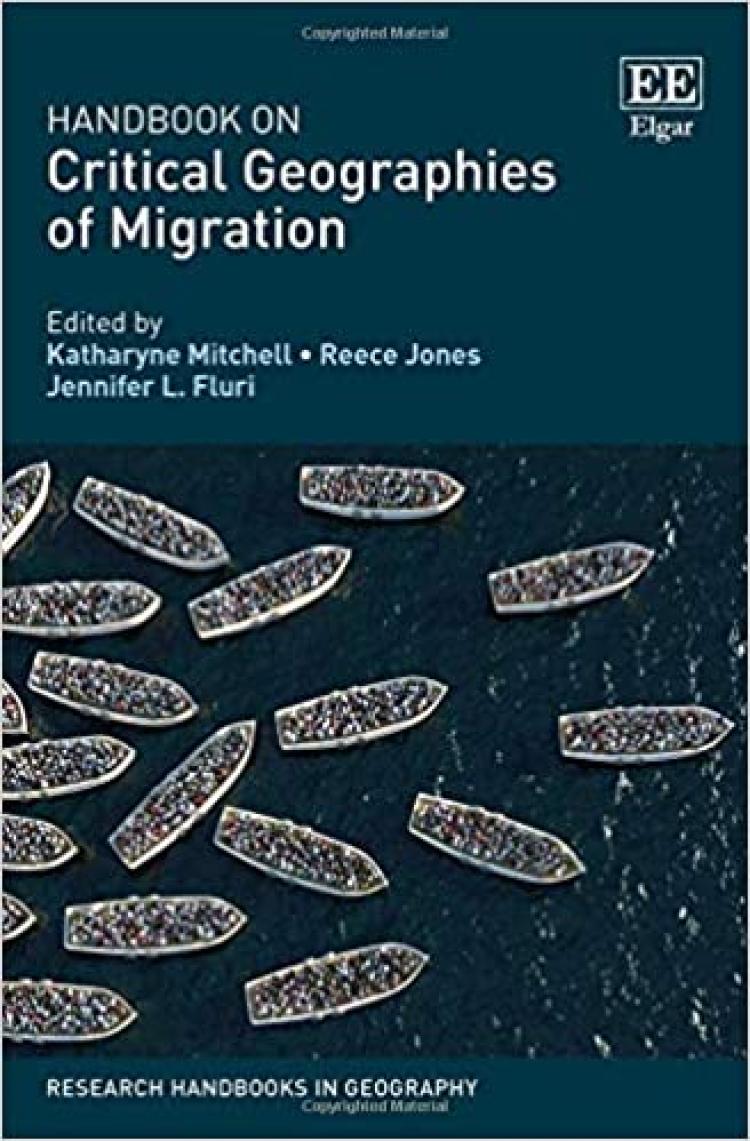Handbook on Critical Geographies of Migration

About the book: Border walls, shipwrecks in the Mediterranean, separated families at the border, island detention camps: migration is at the center of contemporary political and academic debates. This ground-breaking Handbook offers an exciting and original analysis of critical research on themes such as these, drawing on cutting-edge theories from an interdisciplinary and international group of leading scholars. With a focus on spatial analysis and geographical context, this volume highlights a range of theoretical, methodological, and regional approaches to migration research, while remaining attuned to the underlying politics that bring critical scholars together.
Divided into six thematic sections, including new areas in critical migration research, the book covers the key questions galvanizing migration scholars today, such as issues surrounding refugees and border militarization. Each chapter explores new themes, expanding on core theories to convey fresh insight to contemporary research.
A key resource for migration, refugee, and border studies, this Handbook provides an in-depth analysis of the topic, covering a vast array of research ideas with a specific focus on the geographical aspects of migration. Scholars working on migration, refugees, asylum, transnationalism, humanitarianism, and borders will find this an invaluable read.
About the author: Edited by Katharyne Mitchell, Dean of the Division of Social Sciences, University of California, Santa Cruz, Reece Jones, Department of Geography, University of Hawai'i at Manoa and Jennifer L. Fluri, Department of Geography, University of Colarado at Boulder, US
Praise:
'This Handbook arrives at a significant time, when state and public responses to human mobility have taken a particularly hostile turn. A rich compendium, it examines numerous key spaces, scales, structures and dynamics of migration that characterize our turbulent era.'
-Steven Vertovec, Max Planck Institute for the Study of Religious and Ethnic Diversity, Germany
'By highlighting the intersection of two major themes - qualitative historical change within continuity and the significance of spatial analysis in the mapping of economic and political restructuring - this book advances migration studies and speaks to our precarious challenging times.'
-Nina Glick Schiller, Max Planck Institute for Social Anthropology, Germany

